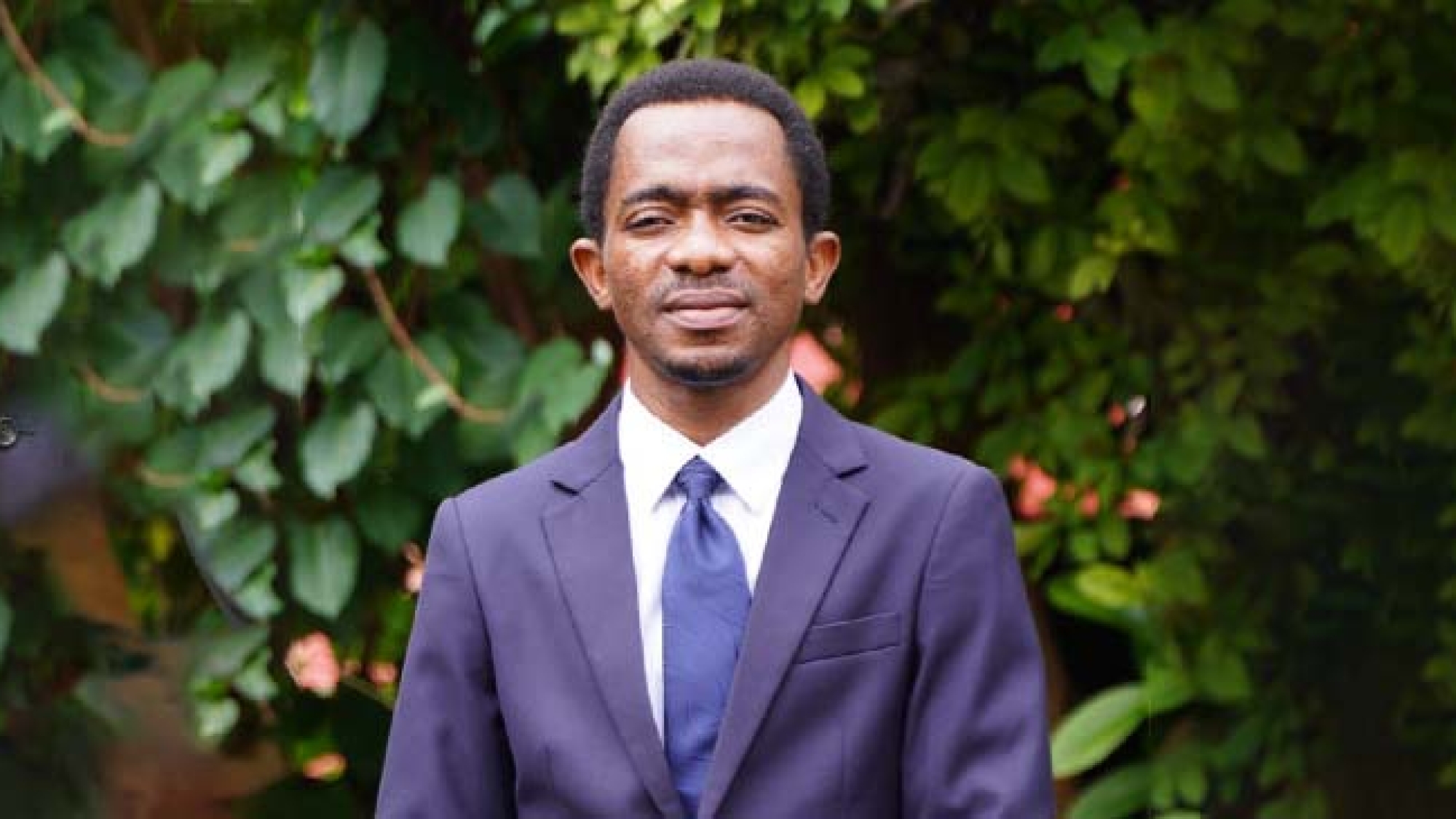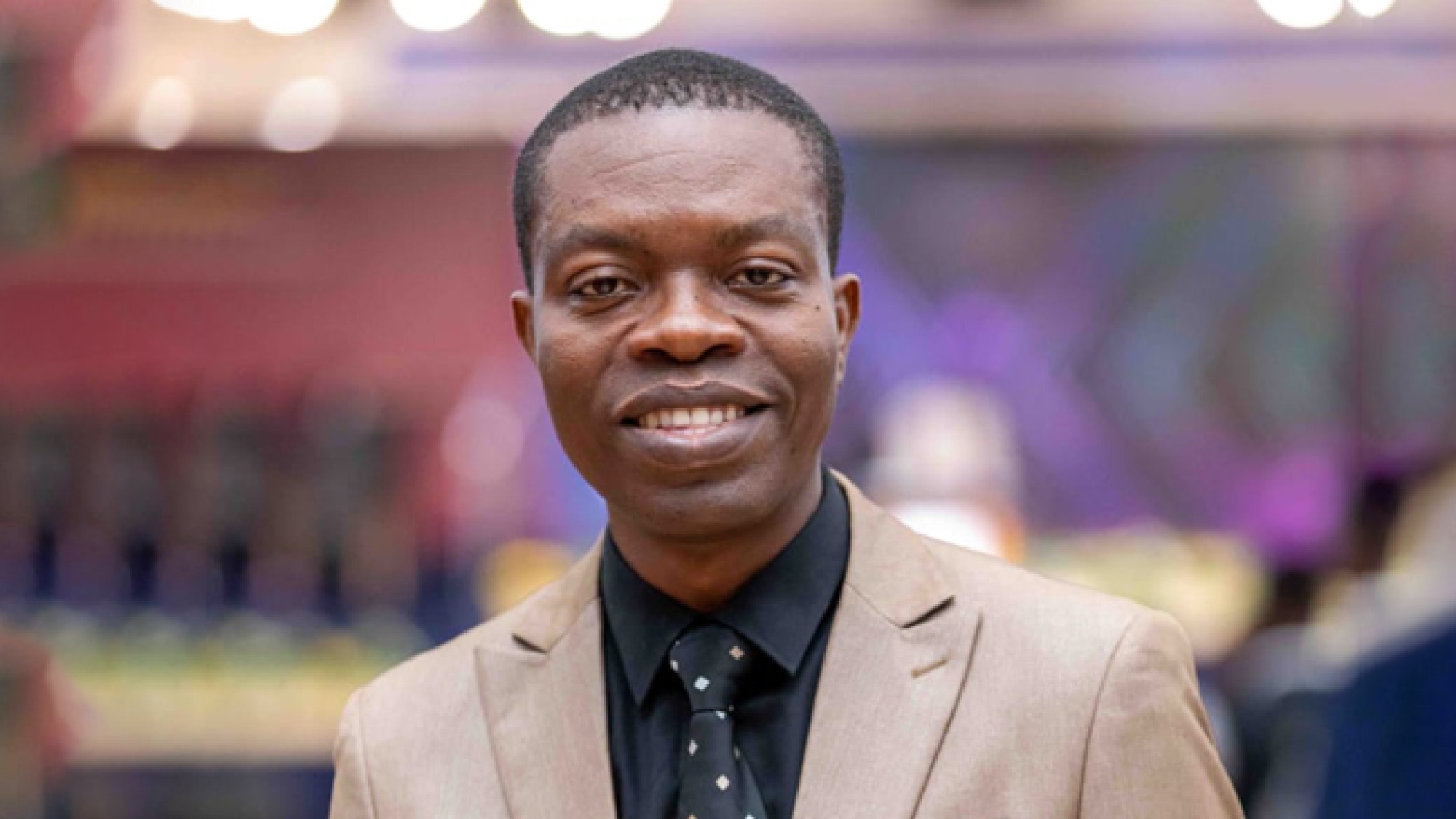Introduction
The 16th century Protestant Reformation within Western Christianity championed by Martin Luther has come with it the good fortune of the consolidation of the Bible’s teaching on salvation through faith; and making the Bible, the key authority for all matters, assessable to the laity, among others. to many people of his day, Luther was tearing Christendom apart. Before this momentous juncture in the history of the Church, there have been several schisms occasioned by diverse disagreements in Christian thought and practice, led by other reformers including but not limited to John Calvin, William Tyndale, Huldrych Zwingli, and John Knox. Consequently, the Christian Church became a conglomeration of diverse Christian traditions including Roman Catholicism, Lutheranism, Anglicanism, Reformed, Methodism, and Pentecostalism, among others. Indeed, when one even takes Pentecostalism alone, its monolithic characterization will become a challenge. The vital question to pose is who do these Christian denominations bear witness to? Is it not Jesus Christ? Certainly, from a critical perspective, Jesus Christ is a person who needs to be discussed considering his grand importance in the world. It is these reflections on him and the movement he began that spawned the diverse Christian expressions of faith in him. However, insofar as the various Christians claim to bear witness about Jesus Christ, their witness must be essentially common. This must provoke the Church to work at unity to make its witness effective.
Towards a Greater Understanding of Other Christian Traditions
Is Christ divided? Regrettably, consequences of Christian disunity remain key to the various setbacks that the Church suffered and continue to suffer. There are numerous cases in which Christians belonging to diverse traditions have been hostile to one another. There has been unhealthy competition among various Christian denominations. This makes the watching world question what the Christian Church stands for and demeans Christian witness. Meanwhile, Jesus Christ desires that his people be one (John 17:11). This oneness must be worked at even in the face of the diversity seen within the Christian faith. Those who work at forging Christian unity are doing the will of Christ. This effort must be inspired by what Jesus Christ stands for; what he taught. Koinonia or fellowship, a definitive feature of the Church must provoke various Christian traditions to spread their tentacles to reach out to their brothers and sisters in other traditions. Without koinonia, the Church cannot realize its purpose fully. It also compromises the evidence that we are in Christ and we walk in him indeed (1 John 1:6-7). Steps must be taken to encourage communion in the Spirit.
Catholicism as well as Protestantism have made some effort to work at a greater understanding of diverse Christian denominations to promote mutual respect and enable Christian witness. The effort of the Protestants can be traced to Edinburgh 1910, a world missionary conference organized to appraise Christian missions and discuss ways of cooperating to promote the evangelization of the world. This meeting catalyzed, as it were, Christian ecumenism considerably. One of its results is the Faith and Order Movement which championed the cause of Christian unity. There have been earlier movements that had ecumenical instincts. On the part of the Catholics, there was a reconsideration of the popular idea in Catholicism that Protestants are rebellious. This became tangible when at Vatican II, there was the formation of the Pontifical Council for Promoting Christian Unity (PCPCU). Consequently, intentional efforts towards Christian unity conversations between Catholics and other Christian traditions took off. Over the years, there have been bilateral unity talks between various traditions. Pentecostals for instance have had Christian unity conversations with Catholics, Anglicans, Lutherans, and the Reformed churches, among others. These talks were led by ecumenical bodies formed within the various traditions like the Christian Unity Commission of the Pentecostals which was formed in 2020 by the Pentecostal World Fellowship. Meanwhile, individuals within various Christian traditions have also championed unity conversations as well. Some ecumenical bodies have met at the national, regional, and international levels. Some of these bodies include the World Council of Churches, Pentecostal World Fellowship, Baptist World Alliance, World Evangelical Alliance, and the Global Christian Forum (GCF).
Global Christian Forum in Ghana
The Global Christian Forum was inspired by the World Council of Churches. It aims to foster mutual respect among members of the World Council of Churches. This means that though the World Council of Churches is an ecumenical body, the Global Christian became a structure independent of the Council. It provides a common arena through which various churches and para-church organizations can have vital conversations.
Among earlier meetings, the Forum essentially mushroomed from a consultation held in Pasadena, USA in September 2000. Roman Catholics, Orthodox, Evangelical Churches, Anglicans, and Pentecostals, among others, were present at this consultation. From there its purpose was outlined. At the heart of this is the promotion of Christian unity and improved commitment to the mission. Following Pasadena 2000, there have been other consultations at the regional and international levels in Hong Kong, China; Lusaka, Zambia; Warburg, Germany; Limuru, Kenya; Santiago, Chile; Manado, Indonesia; New Delhi, India; and Bogotá, Colombia, among other places.
For its fourth global meeting, the Forum comes to Africa again. The first global meeting was in Kenya, the second in Indonesia and the third was held in Colombia. This means that for its global meetings, the Forum comes to Africa again. Specifically, the Global Christian Forum is in Accra, Ghana for deliberations guided by the theme, “That the World may Know” (John 17:23B). The only reason for this goes beyond the fact that the majority of the world’s population is in the global south. From where I stand, this demonstrates the role of the southern hemisphere in today’s Christianity. Africa has been integral in his role. However, more importantly, the Church of our Lord Jesus is pressing on towards the fulfillment of the desire of our Lord Jesus Christ. All Christians must work at this wherever they find themselves so that the world will know that we are disciples of Christ.
Conclusion
Koinonia must not be limited by doctrine and order of public worship. It must transcend liturgy. Christians, who of course have been saved by the one Lord and have received the same Spirit, must without any hindrance whatsoever commune with one another. This communion in faith, indeed, becomes a testament that Christians belong to Jesus Christ. Jesus longs to see himself and his disciples as an organic whole so that the life of Christ flows to all of them as a unit. It is a way by which Christ is preached and the world is won. It can invoke the fear of God in the world (Acts 2:41-43). It has the potential to invoke repentance in unbelievers. The agenda of our Lord Jesus Christ is then promoted and glory goes to him.
Written by Elder Dr. Stephen Ofotsu Ofoe














